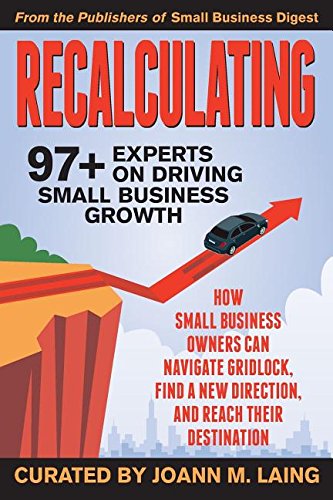
Shreya Gupta
I was perusing through the Sunday NY Times, Business section a few weeks ago and I was intrigued with the headline, “At Work, Focus on the Fun”.
(Read full article here
Reading past the headline, I once again read the statistic from a recent Gallup poll that two of three working Americans do not feel engaged at work.
Actually, I can relate to that statistic as I experienced that for a considerable period of my early work experience. And then something happened – I started my own Company with a partner, and my life and my work was never the same again.
What was it that made the difference? I think it was that I found what I did was not only challenging, but also incredibly interesting, and inevitably fun.
So what is fun at work? In my opinion, it is believing that what you do does make a difference, and that being fully engaged in the process of whatever you do does matter, and seeing the impact of your efforts, despite everything that can and does get in the way, can indeed be the difference of having fun at work.
The article makes some interesting points on how to make work fun:
- Making friends and establishing comradery with coworkers
- Breaking the routine
- Shifting one’s mindset to focus on the positives of one’s jobs instead of the negatives
- Making one’s goal the process of doing the job and completing all the necessary tasks
Most importantly, I agree with the statement in this article, “…that people feel energized when the process of doing something becomes the goal of doing it”. For me, I found this very satisfying and inevitably have made work more fun for me.
Once again, Veronica Rao was helpful in my gathering my thoughts to write this piece. And, as always, I do appreciate your comments and feedback.







